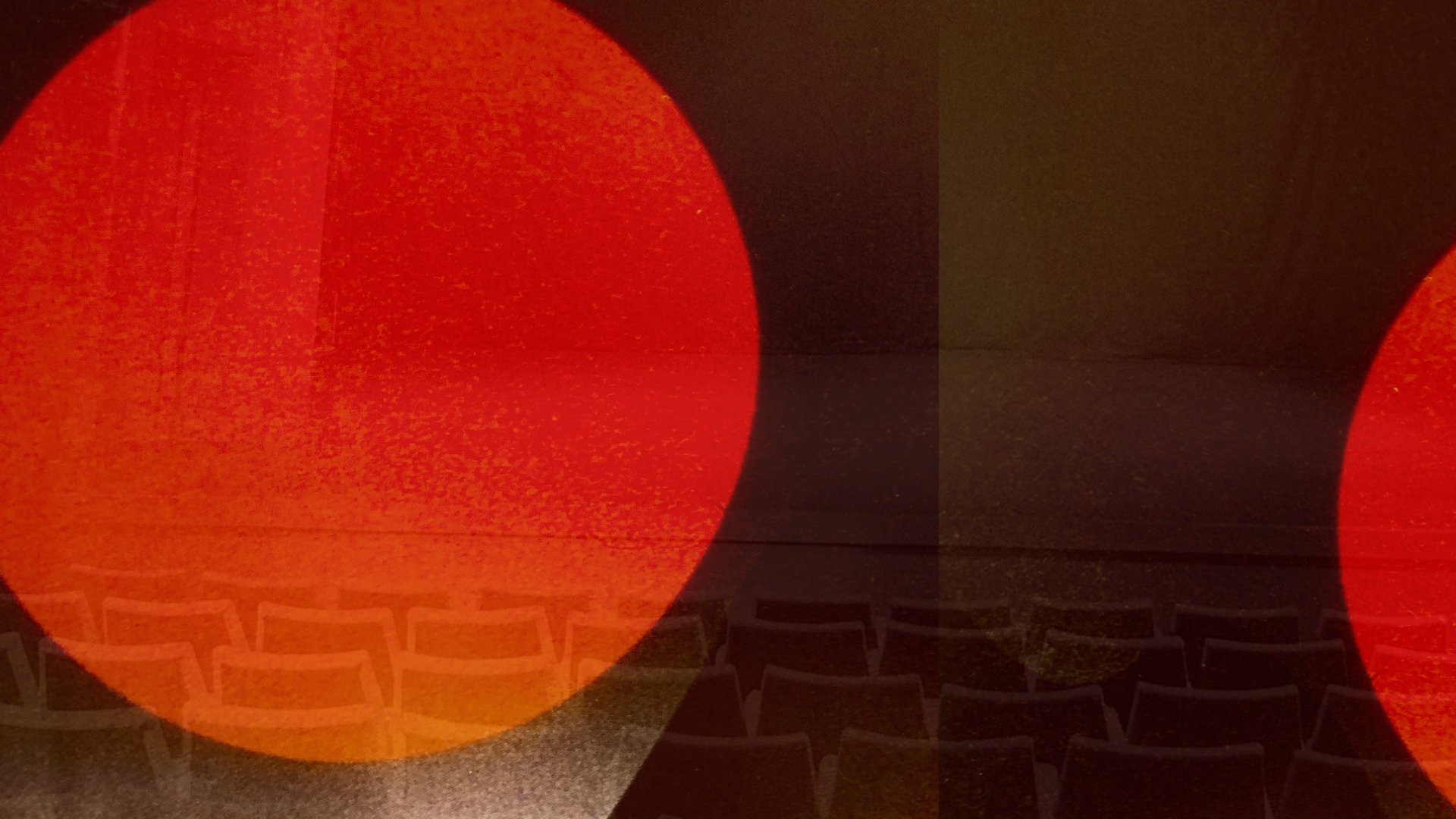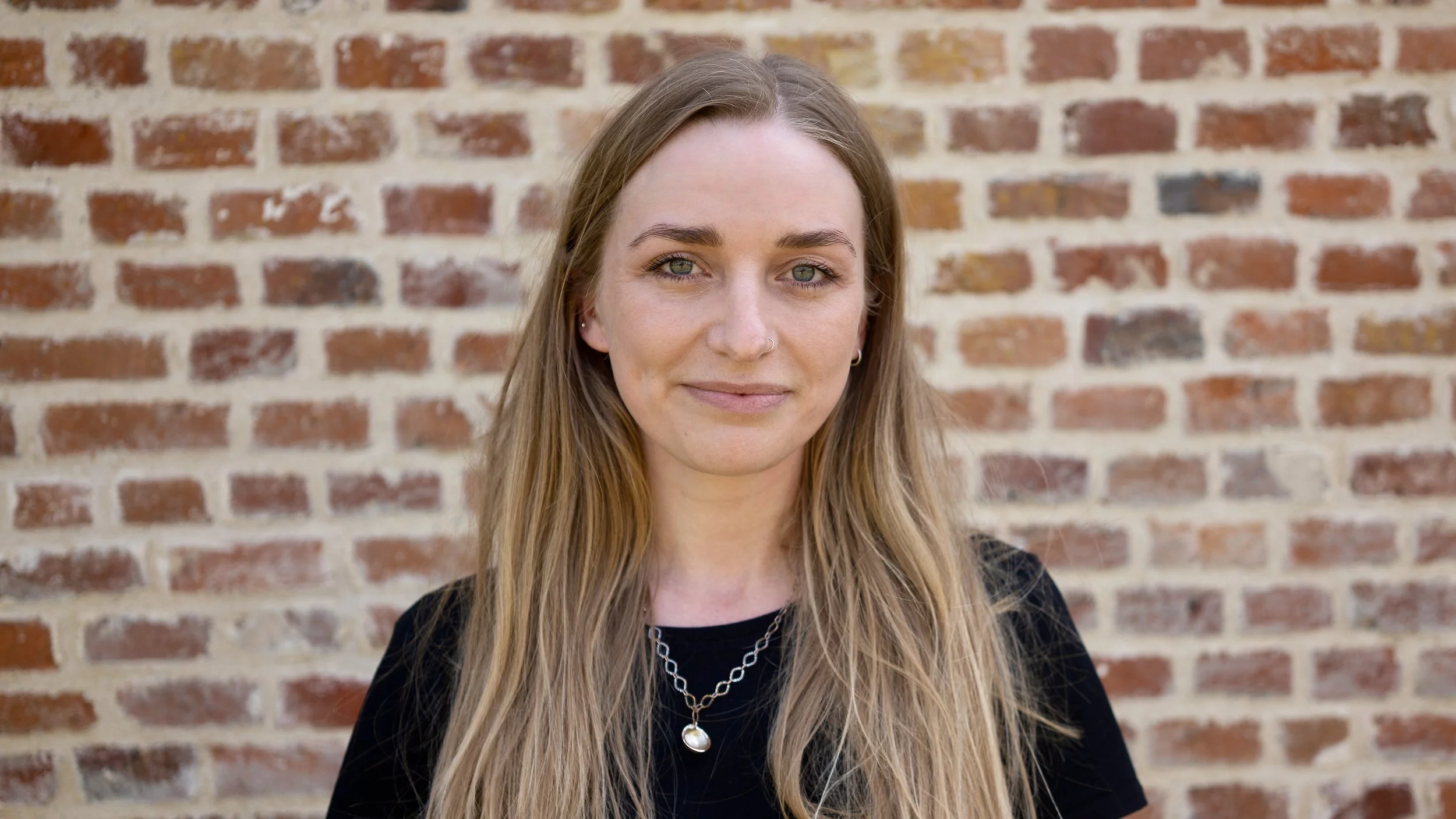
George Devine
Award
The award is recognised as one of the most prestigious for new writing.
It was set up in 1966 as a memorial to the life and talent of George Devine, a Director and Actor who launched a Writers’ movement that revolutionised theatre.
The award of £15,000 invites submissions annually from Theatres, Organisations and Agents around the UK for an original new stage play from a promising playwright.
‘The George Devine award extends the legacy of an extraordinary artistic revolution that took place in west London seventy years ago and changed the way the world tells stories. Through this award that revolution is continuously renewed. This year's shortlist demonstrate passion, innovation, technique and soul, and prove that in the most challenging conditions, creativity continues to flourish defiantly.’
Barney Norris (Playwright and 2025 Panelist)
Winner 2025
MARTHA LOADER for THE TOWN
'I’m staggered and truly honoured to win the George Devine Award. To now be part of the heritage of this prize, amongst a group of playwrights whose work has influenced so much of my own writing practice, is an amazing privilege. At a time of great division, telling stories about the complexities and nuances of human nature feels all the more important. There are so many people to thank for helping me with this play, primarily Steph, Sarvat, Ben and my agents, whose guidance, support and belief in this piece has meant so much.'
Tanika Gupta from this year’s Selection Panel -
‘Martha’s play The Town is a finely crafted work that draws the audience inexorably into its world. At its heart lies a young boy’s historic act of random violence, around which the play asks profound questions about the nature of good and evil. With a haunting, lyrical voice, Martha interrogates the fragile bonds of family and community and exposes how swiftly we turn to blame. The result is a piece that is both unsettling and deeply resonant, lingering long after the final moment.'
Shortlist 2025
ASMARA GABRIELLE
Asmara is a British-Pakistani, working class actress and writer from east London - having taken the plunge into both after a perfectly stable career (in media). Her first venture into screenwriting won her a place on BBC Writersroom and BBC New Talent Hotlist. While a partial draft of her first venture into playwriting made the final rounds of both Papatango and Women's Prize for Playwriting. Asmara writes from truth, valuing authenticity and honesty above all else.
YASMIN JOSEPH
Yasmin Joseph is a London based writer for stage and screen. Her Debut play J’ouvert (Theatre503, Harold Pinter) won the James Tait Black Prize for Drama, she was also nominated for the Evening Standard’s Most Promising Playwright Award and the Stage Debut Awards for Best Creative West End Debut. On Screen Yasmin has written for shows with Disney+, Apple, Netflix and has various original projects in development.
MARTHA LOADER
Martha is an award-winning writer, actor and producer. Her work has been performed across the UK and internationally. She won the Judges Award at the Bruntwood Prize for Playwriting, 2022. She is currently working on commissions with the Almeida Theatre, Mercury Theatre (National Theatre Peter Shaffer Commission 2025) and Menagerie Theatre Company, and recently undertook the prestigious 4Screenwriting and BBC Voices programmes. She was nominated at The Stage Debut Awards 2024 for her play Bindweed.
ISLA VAN TRICHT
Isla van Tricht is a playwright and screenwriter. Her recent theatre work includes THE SEX ED MUSICAL (UK schools tour) and MONEY (co-production of Southwark Playhouse and represent. Theatre). Her plays have been longlisted for The Bruntwood Prize (2017) and the Verity Bargate Award (2017, 2024). She currently has four original TV and two feature film projects in development in the UK Europe and the US. Isla is also a trained youth worker and sex educator.
Selection Panel 2025
TANIKA GUPTA
Over the past 20 years, Tanika has written over 20 stage plays for major theatres across the UK as well as writing several original television dramas for the BBC and contributing scripts for some of the BBC's longest running series. Her recent work for the stage includes A TUPPERWARE OF ASHES (National Theatre), LIONS AND TIGERS (Shakespeare’s Globe - Winner of the James Tait Black Prize for Drama), and THE EMPRESS (RSC).
MARTINA LAIRD
As an actor, Martina’s stage work includes credits at the Royal Shakespeare Company, The National Theatre and Donmar Warehouse. She has most recently been seen on ITV’s Unforgotten, Sky’s Dreamland and the Disney live animation of The Little Mermaid. Her debut play Driftwood premieres at the Royal Shakespeare Company in April 2026.
ED MADDEN
Ed is a director and dramaturg, working primarily with new writing. His work has included the premieres of plays by Jack Bradfield, Sophia Chetin-Leuner, Marek Horn, and Sam Steiner. He is currently Associate Dramaturg at the National Theatre.
SABRINA MAHFOUZ
Sabrina Mahfouz is a playwright, screenwriter, and poet. She was a writer and producer on Netflix’s upcoming Will Ferrell comedy series, GOLF, a writer/producer on BEEF S2 for A24/Netflix, and she wrote and co-produced on Ramy Youssef's series #1 Happy Family USA for A24/Amazon. Sabrina wrote and performed the hit show A History of Water in the Middle East at the Royal Court. She is developing TV and theatre projects in the UK and US.
BARNEY NORRIS
Barney’s work has received awards from the International Theatre Institute, the Critics’ Circle, the Evening Standard, the Society of Authors and the South Bank Sky Arts Times Breakthrough Awards and been translated into nine languages. His plays include Visitors, Eventide, Nightfall, The Wellspring, We Started to Sing, The Band Back Together and adaptations of Ishiguro’s The Remains of the Day and Second Best by David Foenkinos. Novels include Undercurrent and Five Rivers Met on a Wooded Plain.
GEORGIA PRITCHETT
Georgia Pritchett is a multi-award-winning writer. She was the showrunner on Apple TV’s The Shrink Next Door, a writer and co-executive producer on all seasons of HBO’s Succession and was the co-executive producer and writer on the multi-Emmy award winning HBO comedy Veep. Her other TV credits include a plethora of much-loved British comedy shows, including for Miranda Hart & Tracey Ullman. She is co-writing Practical Magic 2, starring Sandra Bullock, releasing 2026.
RIA ZMITROWICZ
Ria has performed in new plays by both established and emerging playwrights in some of the country’s leading new writing venues. Theatre credits include The Glow, Gundog, Bad Roads, X (Royal Court); The Doctor, Three Sisters, Dance Nation (Almeida); The Welkin (National). Screen credits include Sherwood, Three Girls (BBC); The Power (Amazon).










